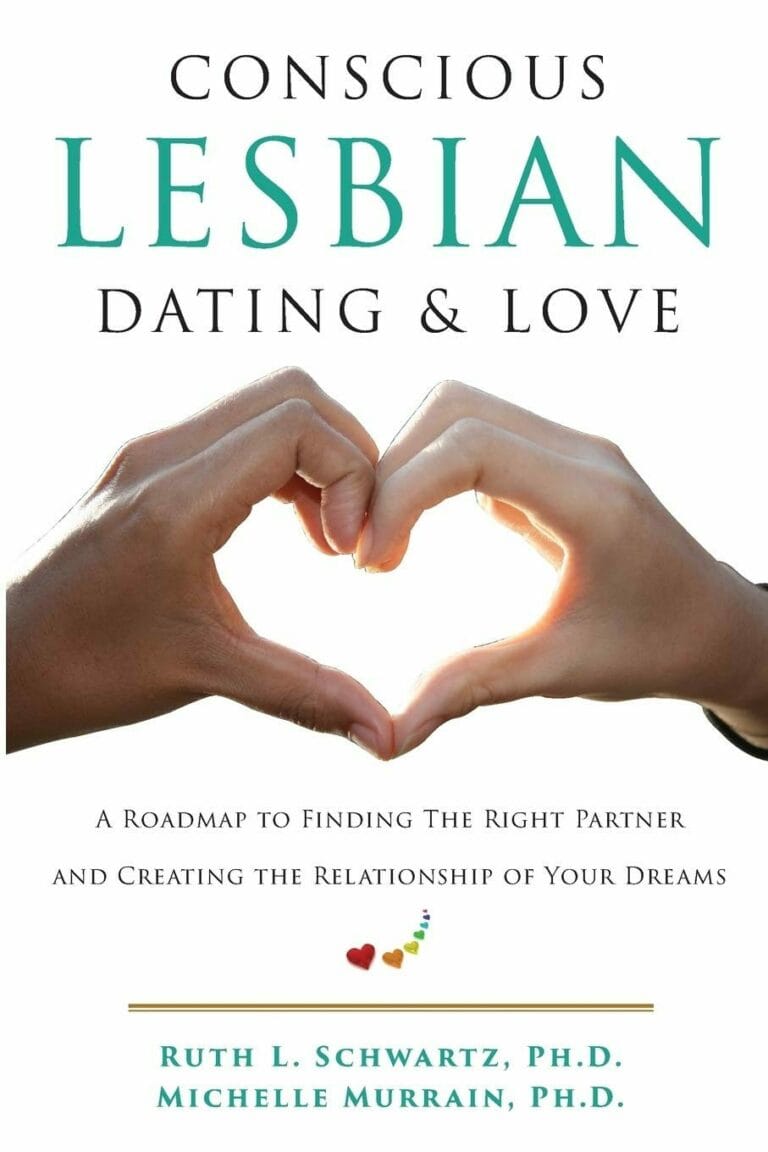Wired for Meaningful Connections Online and Offline
Why are so many people feeling isolated when we have more tools than ever to stay connected? Research show that over 4.8 billion people are active internet users globally. Are we wired for meaningful connections, both online and offline?

Our digital lives often seem to eclipse our face-to-face interactions and creating meaningful connections, both online and offline, has never been more crucial. Research indicates that social isolation and loneliness are growing problems, with significant implications for mental, emotional and even physical health. As we strive to balance our online engagements with real-life interactions, scientific studies, including the renowned Harvard Study of Adult Development, provide invaluable insights into why these connections are essential for human well-being.
Connections- A Window into Lifelong Well-being
Why are so many people feeling isolated when we have more tools than ever to stay connected?
The Harvard Study of Adult Development is one of the longest-running studies on human happiness and health, spanning over 75 years. Begun in 1938, the study initially tracked 724 men from different socioeconomic backgrounds, including students from Harvard and boys from disadvantaged families in Boston. Over time, the research expanded to include their children and spouses, allowing for a comprehensive, intergenerational understanding of what contributes to a fulfilling life.
The study’s primary finding? Good relationships are the strongest predictors of long-term happiness and health. Robert Waldinger, the current director of the study, succinctly summarised it: “The clearest message that we get from this 75-year study is this: good relationships keep us happier and healthier. Period.”
The Power of Connection: Online and Offline
Our relationships are often fragmented, maintained through quick texts, social media likes and fleeting digital exchanges. However, evidence suggests that the quality—not the quantity—of these interactions profoundly affects our well-being. Whether online or offline, building meaningful, deep connections matters far more than surface-level engagement.
The Shift to Online Relationships
Over the past decade, the internet has revolutionised how we connect with others. We can stay in touch with family across continents, reconnect with old friends, and even form entirely new relationships online. Social media platforms like Facebook, Instagram and Twitter claim billions of users worldwide, with research showing that over 4.8 billion people are active internet users globally as of 2023. This widespread connectivity can help bridge gaps in our social circles, offering avenues for relationships that might not have been possible before.
However, while online connections offer accessibility and convenience, they are often criticised for lacking depth. A study from the American Journal of Preventive Medicine found that people who spent more than two hours per day on social media were twice as likely to report feelings of social isolation. Another study from the Journal of Social and Clinical Psychology suggests that passive use of social media—such as scrolling without interacting—can increase feelings of loneliness and envy, as people compare themselves to idealised portrayals of others’ lives.
The Importance of Offline Interactions
While online relationships can be meaningful, there’s no replacement for the richness of in-person interaction. Face-to-face communication engages a broader range of senses and emotional cues, such as tone, body language, and facial expressions, which can deepen emotional connections. Research from the Journal of Happiness Studies found that people who spent time with family and friends in real life reported significantly higher levels of life satisfaction compared to those who primarily connected online.
The Harvard Study of Adult Development further emphasises the importance of in-person interactions. Participants who maintained close, supportive relationships with family, friends, and community members in midlife were not only happier but also physically healthier as they aged. Conversely, social isolation and a lack of meaningful relationships were found to be as harmful to health as smoking or high blood pressure. According to the study, those who were more socially connected lived longer, had better mental health, and showed fewer signs of cognitive decline.
A Balanced Approach to Connection
Given the evolving nature of our social interactions, it’s essential to strike a balance between online and offline relationships. Digital tools can augment our ability to connect, especially in a globally interconnected world, but they should not be a substitute for deeper, real-world engagement.
Whether you’re texting, emailing, or commenting on a friend’s social media post, make an effort to be thoughtful. Building and maintaining deep, supportive relationships are essential to our overall well-being. The growing body of research on human development and connection confirmed a universal truth: we thrive on relationships. They aren’t just an optional part of life—they are the foundation for long-term happiness and health.
Loneliness in a Connected World
Ironically, despite living in a time of unprecedented connectivity, many people today report feeling lonelier than ever. In fact, a 2021 study by Harvard University found that 36% of Americans—including 61% of young adults and 51% of mothers with young children—feel “serious loneliness”. This “loneliness epidemic” isn’t confined to the U.S.; it’s a global phenomenon. The COVID-19 pandemic only intensified these feelings, as lockdowns and social distancing measures limited in-person interactions for extended periods.
One reason is that many online interactions are often superficial, leading to a paradox of “hyperconnected isolation.” People may be in constant communication through texts, likes, and comments but still lack the emotional depth and satisfaction that comes from genuine, face-to-face conversations. A 2020 study from the University of Pittsburgh found that people who spent more time on social media were more likely to experience feelings of loneliness and depression, especially if they did not actively engage with others in meaningful ways.
Building Meaningful Connections in a Digital World
To address this loneliness paradox, it’s essential to rethink how we use technology in our social lives. The key is to leverage digital tools to enhance, rather than replace, our offline relationships. Here are some practical ways to foster meaningful connections in both realms:
1. Use technology to strengthen offline relationships. For example, video chats, voice calls, and group texts can supplement in-person interactions, especially with distant loved ones. But make sure these interactions are substantive. Checking in, sharing updates, and having real conversations can help deepen these bonds.
2. Be selective about social media use. Instead of mindlessly scrolling, use social media platforms to share meaningful updates and engage with others through thoughtful comments and discussions. Join online communities that reflect your interests and values, and where authentic connections can be made.
3. Set boundaries for screen time. Too much time online can detract from in-person relationships. Try to limit screen time, especially during moments that could be spent with loved ones. Designating “no-phone zones” during meals or conversations can foster more genuine interaction.
4. Embrace opportunities for offline connection. Seek out activities that allow for real-world socializing, such as attending local events, joining hobby clubs, or organizing get-togethers with friends and family. In-person interactions provide the emotional nuances and physical presence that deepen our sense of connection.
5. Focus on quality, not quantity. Whether online or offline, prioritising a few meaningful relationships over having a large number of shallow acquaintances is key. Research from the Harvard Study of Adult Development shows that people who maintained close, supportive relationships experienced greater life satisfaction and better health outcomes than those with larger, less intimate social networks.
The Role of Vulnerability in Deepening Connections
One of the crucial elements that the Harvard Study of Adult Development highlights is vulnerability—the willingness to open up, share one’s feelings, and trust others. In both online and offline spaces, fostering vulnerability leads to stronger, more authentic relationships. It’s easy to hide behind curated social media personas, but sharing personal stories, challenges, and experiences can build a deeper sense of connection with others.
In a TED Talk titled What Makes a Good Life?, Robert Waldinger, director of the Harvard study, said: “Those who fared the best were those who leaned into relationships, with family, with friends, with community.” Vulnerability plays a vital role in that “leaning in”—it helps create bonds that withstand life’s ups and downs, offering emotional security, trust, and support.
Connections as a buffer for premature ageing
Beyond emotional satisfaction, maintaining strong, supportive relationships is a powerful health strategy. Evidence shows that people with strong social ties recover more quickly from illness, have better immune responses, and are less susceptible to depression and anxiety.
One study published in the journal PLOS Medicine found that having strong social relationships increased the odds of survival by 50%, a statistic comparable to the health benefits of quitting smoking. On the flip side, prolonged loneliness and social isolation are as damaging to health as risk factors like obesity or a sedentary lifestyle.
Research from the Harvard Study of Adult Development shows that the quality of your relationships in midlife predicts health and life satisfaction in your 80s. It’s not just about having people around you; it’s about having relationships where you feel emotionally supported, understood, and able to turn to others in times of need.
Wired for Connections
At the heart of all this research is a clear message: human beings are wired for connection. Whether online or offline, creating and maintaining deep, meaningful relationships is essential to our overall happiness, longevity, and health. The insights from the Harvard Study of Adult Development remind us that relationships are not just nice to have—they are crucial to living a full and healthy life.
As we navigate our increasingly digital world, it’s important to strike a balance. While online connections can be valuable and enrich our lives, we must be intentional about nurturing in-person relationships. By prioritising quality interactions, being vulnerable, and actively investing in our social lives, we can create lasting bonds that enrich our health and happiness—today and for decades to come.
Do you want to share your story and inspire our readers ? Know that YOUR EXPERTISE is paving the way for a fairer, happier society.




